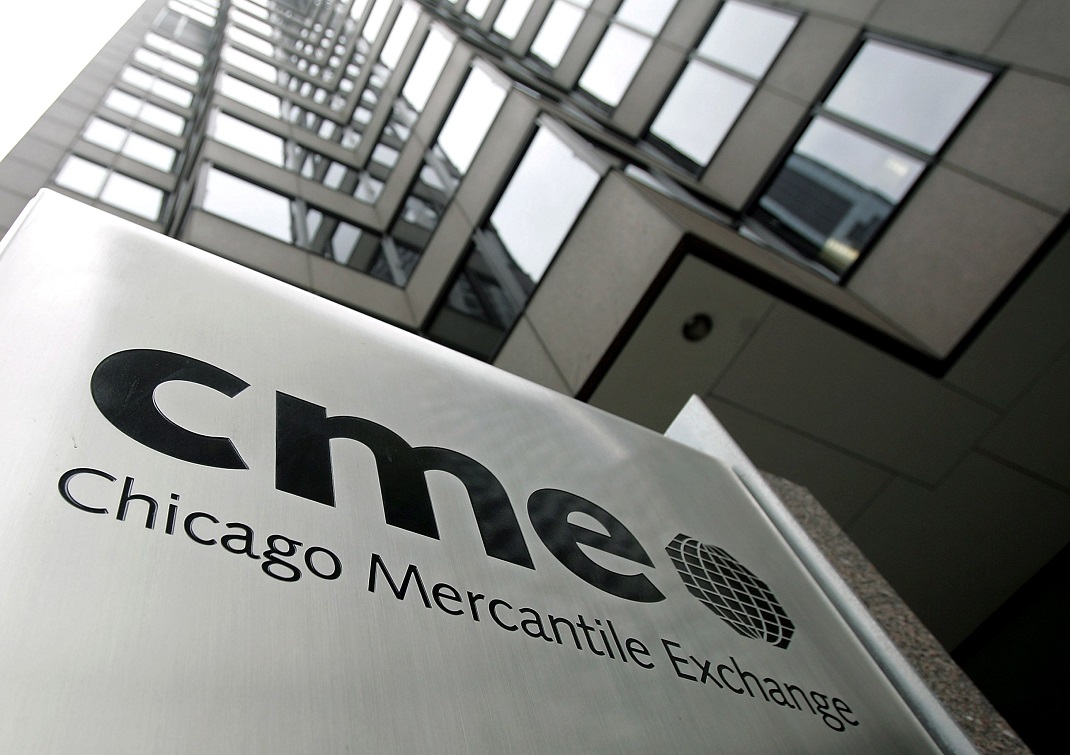For players in the Bitcoin mining industry, location is perhaps the most important factor to consider when putting up their facilities. Apparently, a rural Texas town is too attractive for crypto mining firms that two of the biggest names in the industry have decided to set up shop in the area.
Around an hour northeast of Austin, Rockdale is a rural town in Texas with a population of just 5,600 people. It is home to a crypto mining facility of Riot Blockchain, one of the biggest publicly traded Bitcoin mining companies in the U.S., according to CNBC.
But Riot is not the only big-name crypto miner in town. Just four-tenths of a mile down the road is the mining facility of Bitdeer, a firm spun off from Chinese Bitcoin mining giant Bitmain. In fact, both firms are tenants of a property once occupied by Alcoa, the eighth largest producer of aluminum in the world.
Rockdale possesses all the right ingredients of a perfect location for Bitcoin miners. It has large swaths of land, crypto-friendly politicians, abandoned industrial infrastructure that can easily be converted to mining facilities, and access into Texas’ power grid.
Since Bitcoin mining is an energy-intensive operation, choosing a location with low power rates is necessary to cut down operation costs and maximize profits. Thankfully, Rockdale fits the bill thanks to the deregulated Texas grid, which is operated by a non-profit organization called the Electric Reliability Council of Texas (ERCOT).
This means that customers can choose between providers for their power needs. This translates to lower rates due to the competition among power providers in Texas.
The grid once supplied the massive power requirement of Alcoa’s facility in Rockdale, which was the world’s largest aluminum plant at that time. However, with the plant’s closure in 2008, there is now a massive power surplus in the area.
Rather than letting all that power go to waste, ERCOT struck a mutually beneficial arrangement with the Bitcoin miners. Unlike aluminum smelters, crypto miners can be flexible in their usage of electricity in case there are sudden power supply fluctuations.
They act as “interruptible load” by turning off their miners once the grid with a few seconds’ notice if the grid needs extra power. In exchange, the get make use of power otherwise going to waste at a discount.
“Miners are committed to buying a certain amount of power and what they do is they sell it back at market [value] and make a profit,” explained Mayor John King. “They have a contract of two cents or three cents...and they can sell it for $9 a kilowatt hour.”

























Comment 6